Coyotes are intelligent animals, and they are known for their adaptability and survival skills. Despite being skilled hunters and adaptable survivors, they may run up to 40 miles in step within an hour but coyotes still face the constant threat of predation. A variety of other animals have been known to hunt and eat coyotes.
Not all predators will take on the task of killing coyotes, but most will find an advantage on the injured or already killed one as a source of food.
What Eats a Coyote?
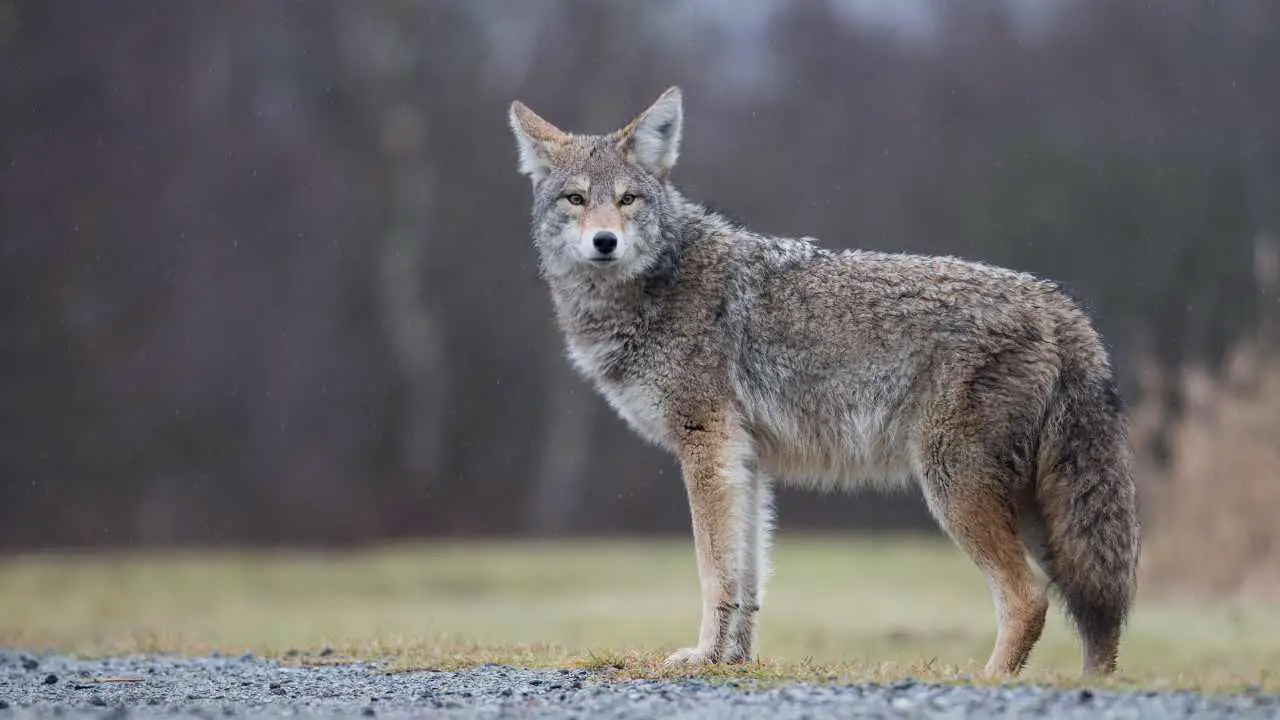
Coyotes can be eaten by several predators and scavengers, but they also face threats from the following:
- Gray wolves
- Cougars
- Grizzly bears
- Bobcats.
The presence and impact of these predators can vary depending on factors like habitat, prey, availability, and human influence. Coyotes are opportunistic and adaptable animals, but they are not immune to predation in their ecosystems. These predators play a vital role in maintaining the ecosystem’s balance by controlling the coyotes’ population and ensuring the survival of other species.
Do Cougars prey on Coyotes?
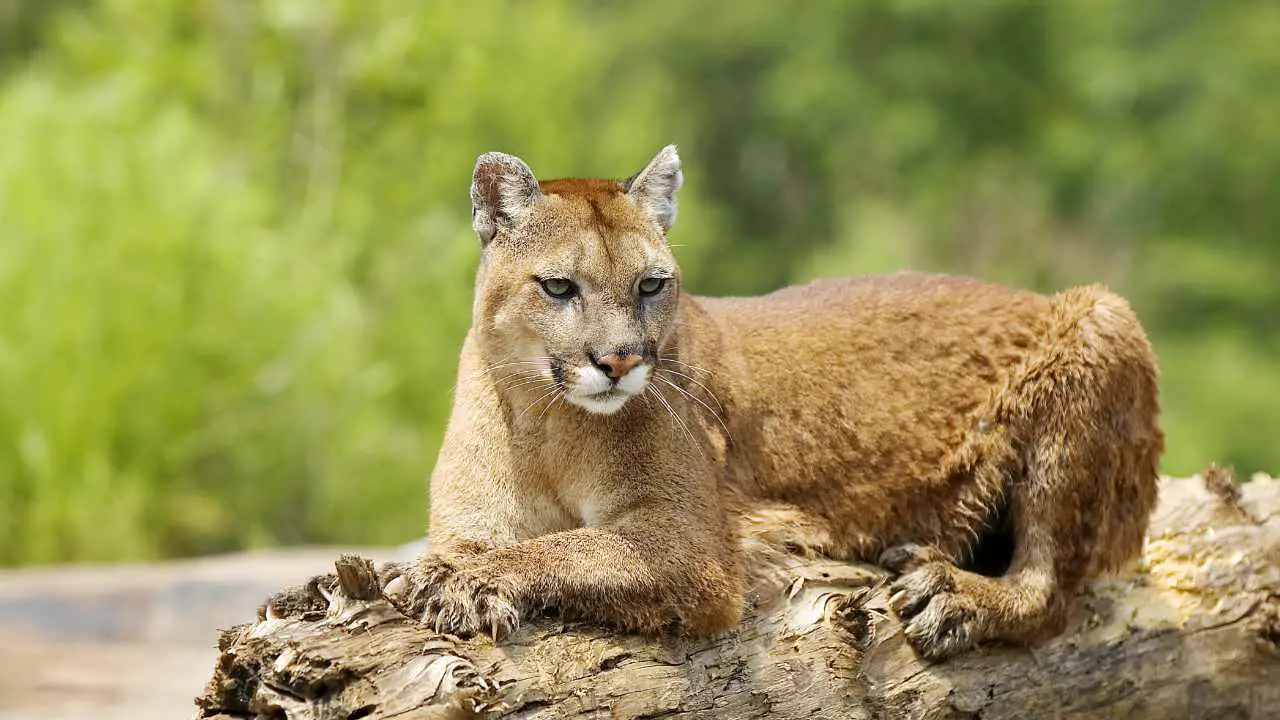
Yes, cougars prey on coyotes. Cougars are bigger and more powerful than coyotes, so they can hunt and eat them whenever they come across them in the wild. Cougars are opportunistic hunters and will hunt a variety of animals, including coyotes. It depends on what’s available in their environment.
Do Bobcats eat Coyotes?
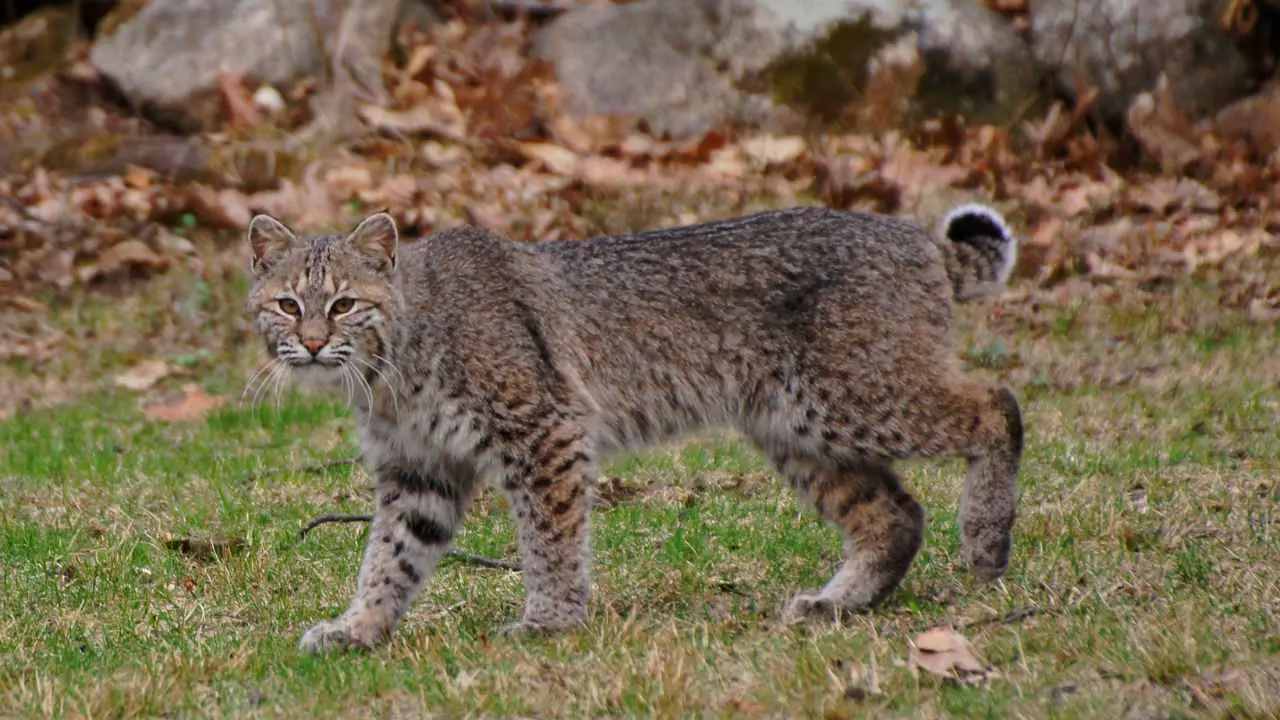
Yes, Bobcats are known to eat coyotes. Bobcats are smaller predators compared to cougars but still are capable of hunting and preying on several animals including coyotes. However, coyotes are usually higher in the food chain and are more likely to prey on smaller animals like rabbits and rodents rather than being prey themselves.
What do coyotes fear the most?
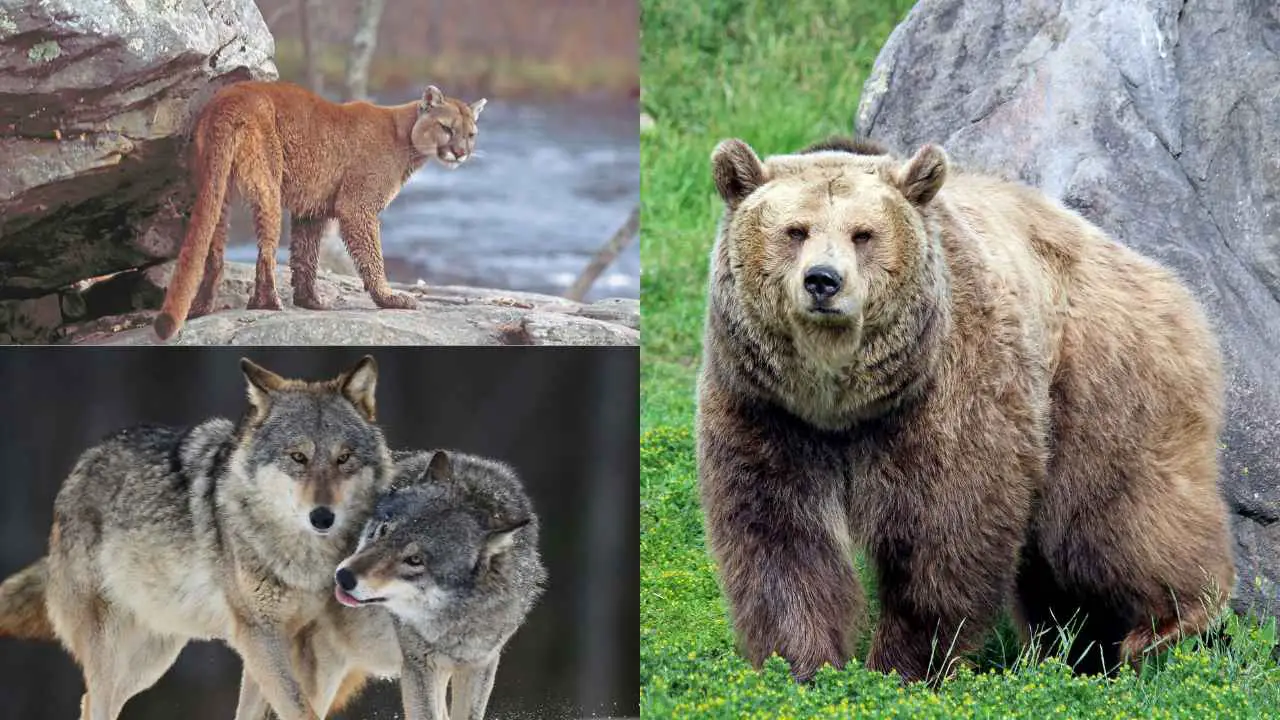
Coyotes are mostly afraid of larger predators like cougars, wolves, and bears. They also avoid humans, who can pose threats to them through hunting and habitat disruption. Throwing objects in their direction, disease, road traffic, and wildfires are additional dangers for them. Coyotes are naturally wary and adapt to survive in different situations.
Do Wolves eat baby Coyotes?
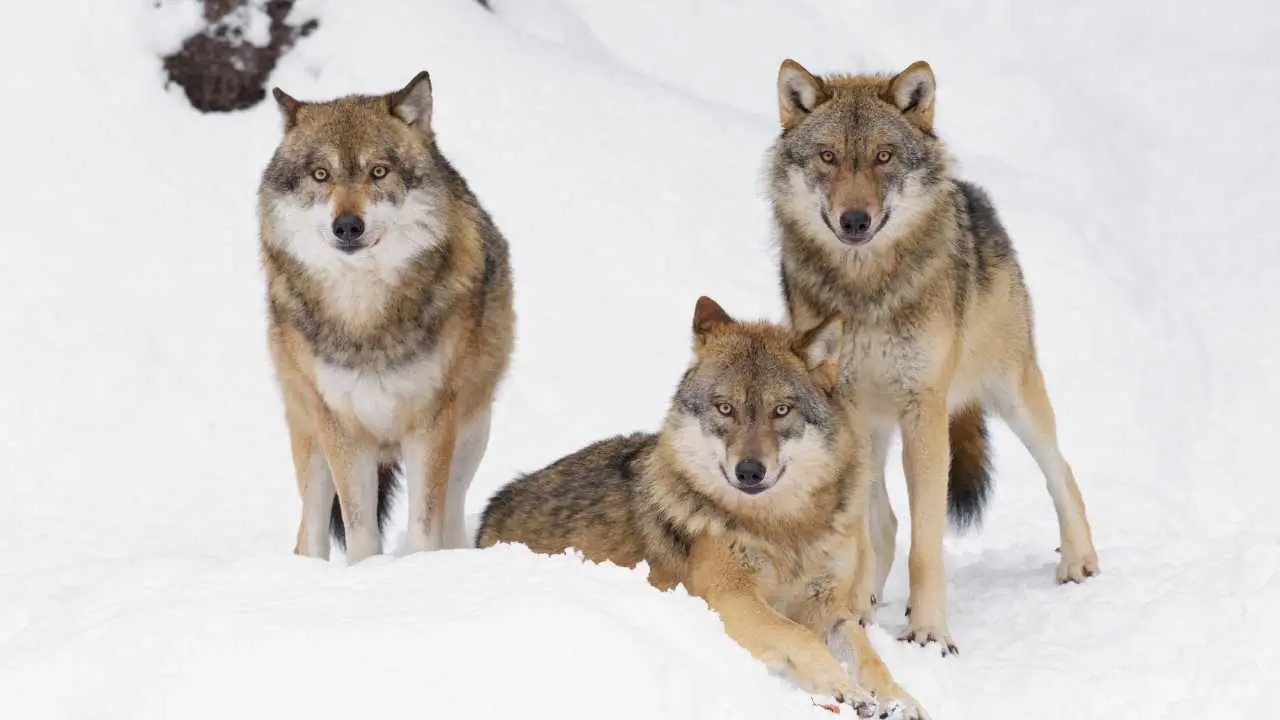
Yes, gray wolves are known to prey on baby or juvenile coyotes, especially when they counter them in their territories. Wolves see coyotes as competition, so they hunt and eat young coyotes when they find them. This happens in places where wolves and coyotes live together and compete for food.
Do Coyotes Eat Coyotes?
Yes, in some situations, coyotes may engage in cannibalism and eat other coyotes. This behavior is not standard but can occur if the coyotes are in fights over food or territory. Coyotes are opportunistic and may resort to eating members of their species when other food sources are scarce, and conflicts arise. However, coyotes are more focused on hunting other animals rather than each other.
How do Gray Wolves Attack Coyotes?
Gray wolves attack coyotes by working together in groups. They chase and surround the coyote, taking turns to make it hard for a coyote to escape. Once they catch it, they use their strong jaws to bite and immobilize the coyote. Afterward, they share the meal among the pack. These attacks happen less frequently when other food is readily available. Wolves usually prefer larger prey.
How do Coyotes Defend Themselves?
Coyotes defend themselves by avoiding danger, blending into their surroundings, and running fast to escape. They use their voices to communicate and can bite or scratch if needed. Living in groups also helps them to deter threats. When facing danger, they may seek refuge in burrows and mark their territory to warn others to stay away. Coyotes try to avoid conflicts when possible.
What is a Coyote’s Biggest Enemy?
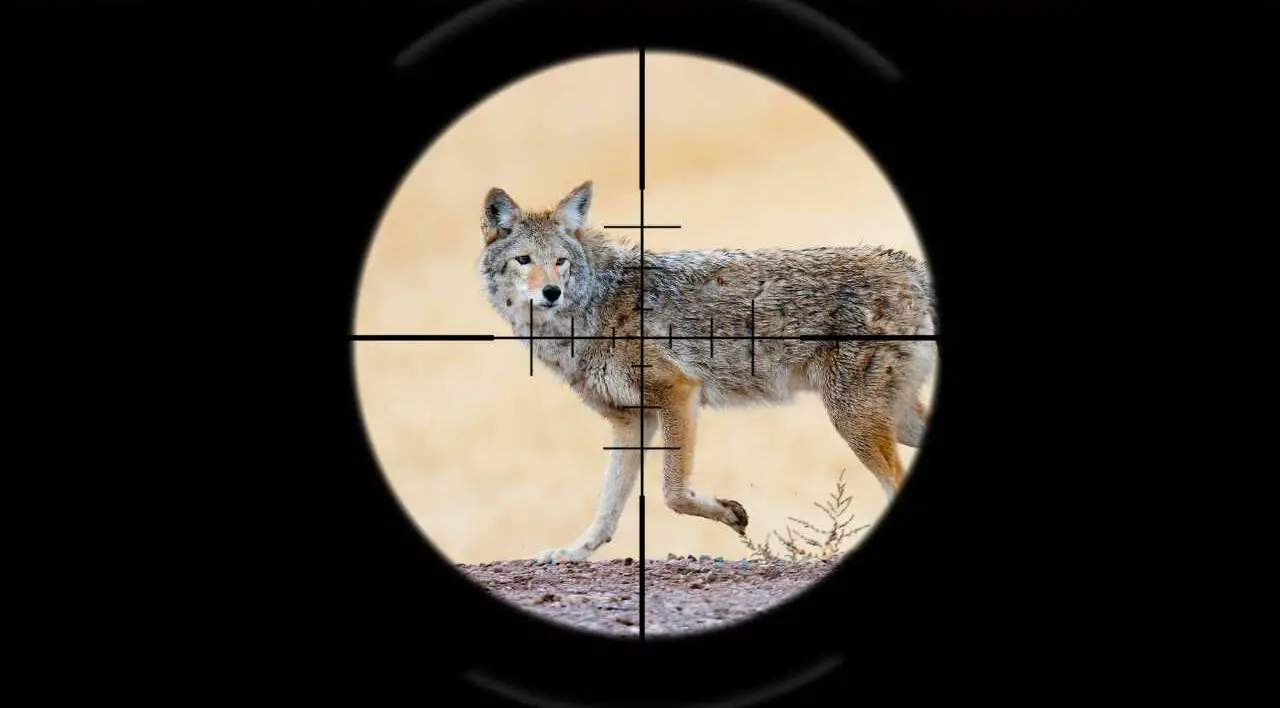
One of the coyote’s biggest enemies and threats, however, is humans, as they have been hunting and killing coyotes off for game, sport, fur, etc. As the human population expands, natural habitats are often destroyed or fragmented, which can displace coyotes from their traditional territories. Some people use poison to control them, which can harm other animals.


Leave a Reply